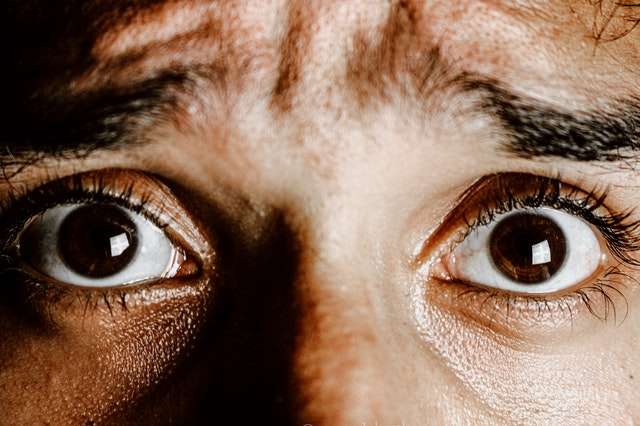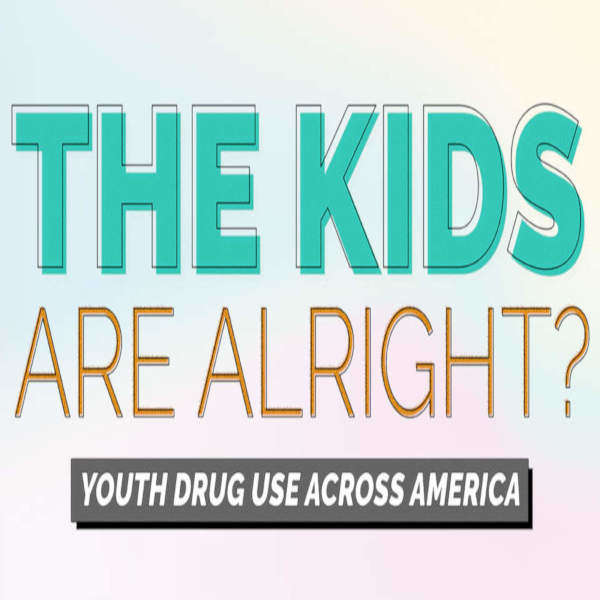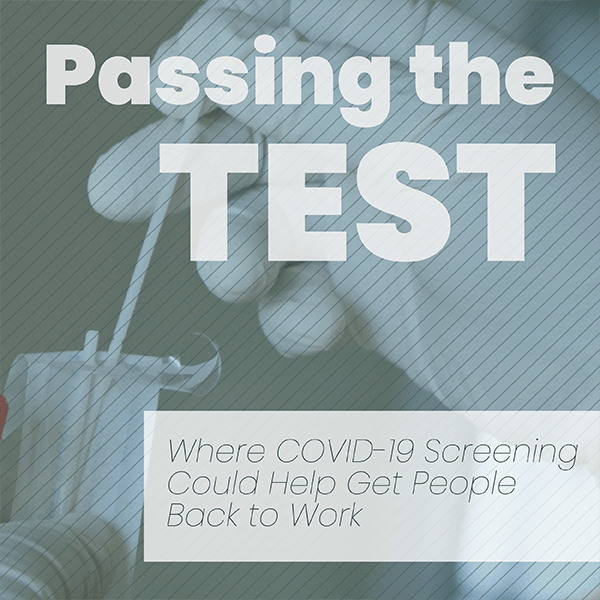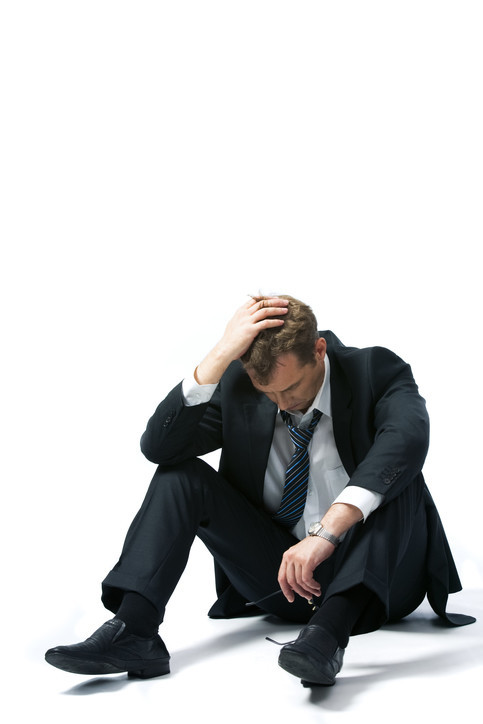US Drug Test Centers Blog
Drug Withdrawal Symptoms| US Drug Test Centers
Drug withdrawal refers to a set of symptoms your body experiences when you suddenly quit or reduce your chronic use of alcohol or drugs.
These symptoms can vary in type and severity depending on the substance used and how long you’ve been using it. Some can be dangerous, especially for those who try to withdraw from the substances after developing addiction and dependence. Others experience a safe withdrawal with the help of drug rehabilitation, like medical detox and medication-assisted treatment.
Drug withdrawal symptoms include a combination of physical, mental, and emotional experiences — some of which can be life-threatening if left unmanaged properly and on time.
Let’s deep-dive into what drug withdrawal symptoms are and why they actually happen.
What Happens When You Stop Using a Drug
When you use drugs (or drink alcohol) on a regular basis, your brain adjusts to the presence of these substances in your system. This means you may become physically and psychologically dependent on them to function normally.
When going through withdrawal, meaning you stop this use, your body can respond to the sudden absence of these substances. You may become ill and produce withdrawal symptoms while in the process of adapting to the changes.
Commonly, drug withdrawal symptoms develop when you quit using drugs abruptly or substantially reduce how much you take. During this time, the body attempts to reach a new state of homeostasis (your state of balance and equilibrium) as it eliminates your drug of choice. In effect, large fluctuations in brain chemicals may occur, causing mental and physical side effects.
For example, taking opioids creates extreme feelings of euphoria and happiness, since they act on a brain neurotransmitter called dopamine. When you use opioids for a long time, the brain stops producing dopamine on its own and relies on opioids to provide such effects. Thus, when you abruptly stop using opioids, your brain produces lower levels of dopamine, potentially causing mental health issues like anxiety and depression.
Common Drug Withdrawal Symptoms
As mentioned, drug withdrawal symptoms vary depending on the type of drug you become dependent on and how long you’ve been taking it.
The most common physical withdrawal symptoms include:
- Dehydration
- Diarrhea and vomiting
- Hot and cold flushes
- Increased appetite
- Increased heart rate and blood pressure
- Muscles and joints pains
- Nausea
- Runny nose
- Sweating
- Watery eyes
- Tremors
Some of the mental and emotional symptoms include:
- Anxiety and depression
- Agitation and irritability
- Hallucinations
- Insomnia
- Poor concentration or memory
- Restlessness
- Seizures
 At times, the drug withdrawal symptoms tend to be the opposite of the symptoms that you experienced while taking that specific drug.
At times, the drug withdrawal symptoms tend to be the opposite of the symptoms that you experienced while taking that specific drug.
For instance, if you take opioids like Vicodin and experience constipation, your withdrawal symptoms may include overactive gastrointestinal problems like cramping, diarrhea, nausea, and vomiting.
How long will this last? The National Institute on Drug Abuse (NIDA) adds that you may experience withdrawal symptoms for days or weeks.
Other Types of Drug Withdrawal
In addition, there are a few more common drug-specific withdrawal symptoms.
Heroin is a type of opioid that works by attaching to and activating receptors throughout the body, thus leading to pleasurable effects. People will also use it to alleviate physical pain caused by injury, illness, or surgery. Some of its withdrawal symptoms include bone/body/muscle pains, excessive sweating, flu-like symptoms, frequent yawning, nausea and vomiting, nervousness, and trouble sleeping.
Cocaine is an addictive stimulant that influences the brain's reward center and compulsive patterns. Withdrawing from this drug can lead to anxiety and depression, increased fatigue, lethargy, psychotic episodes, restlessness, slowed thinking and movement, and thoughts of self-harm.
Marijuana can cause feelings of extreme happiness and heightened emotions. Some of its withdrawal symptoms include decreased appetite, extreme anxiety or nervousness, feelings of anger or aggressiveness, insomnia, irritability, and flu-like symptoms. Remember that just because marijuana comes from nature doesn't mean it's safe.
Benzodiazepines, also called "benzos," are drugs that treat anxiety, panic disorders, and seizure disorders, as well as spasms and tremors. Withdrawal might come with sleeping problems, anxiety, nausea, and headaches.
Why is Drug Detox Important for Withdrawal?
The withdrawal process can be challenging, intimidating, and even dangerous if you don't go through it properly. For this reason, you need to seek the guidance and support of medical professionals who may recommend that you undergo drug detoxification.
Drug detox is the medical and psychological care of patients undergoing drug withdrawal. It helps you safely manage your withdrawal symptoms and reduce the risk of complications, as you will be managed appropriately by trained medical staff in a controlled environment.
Likewise, it allows you to recover from drug dependence while also receiving the care and supervision you need to ensure you're on the right track. Plus, it involves medication that can reduce, relieve, and prevent further withdrawal symptoms.
Ultimately, drug detox is crucial in your drug withdrawal process as it provides a safe and comfortable setting for withdrawal management. You're able to safely eliminate the toxic influences of substances you've abused under close professional care.
The Key Takeaway
The choice to get sober after a long time of use and dependence on drugs is a big step. However, a big part of this journey is likely going to be experiencing withdrawal symptoms. Fortunately, effectively identifying these symptoms and leaning on drug detox can help with your recovery.
For all your drug testing needs, US Drug Test Centers can help. Conveniently order your test online or connect with one of our customer service representatives. With over 20,000 testing centers across the country, we can also assist in making your company a drug-free workplace.
ContactUS Drug Test Centers today to learn more.






















